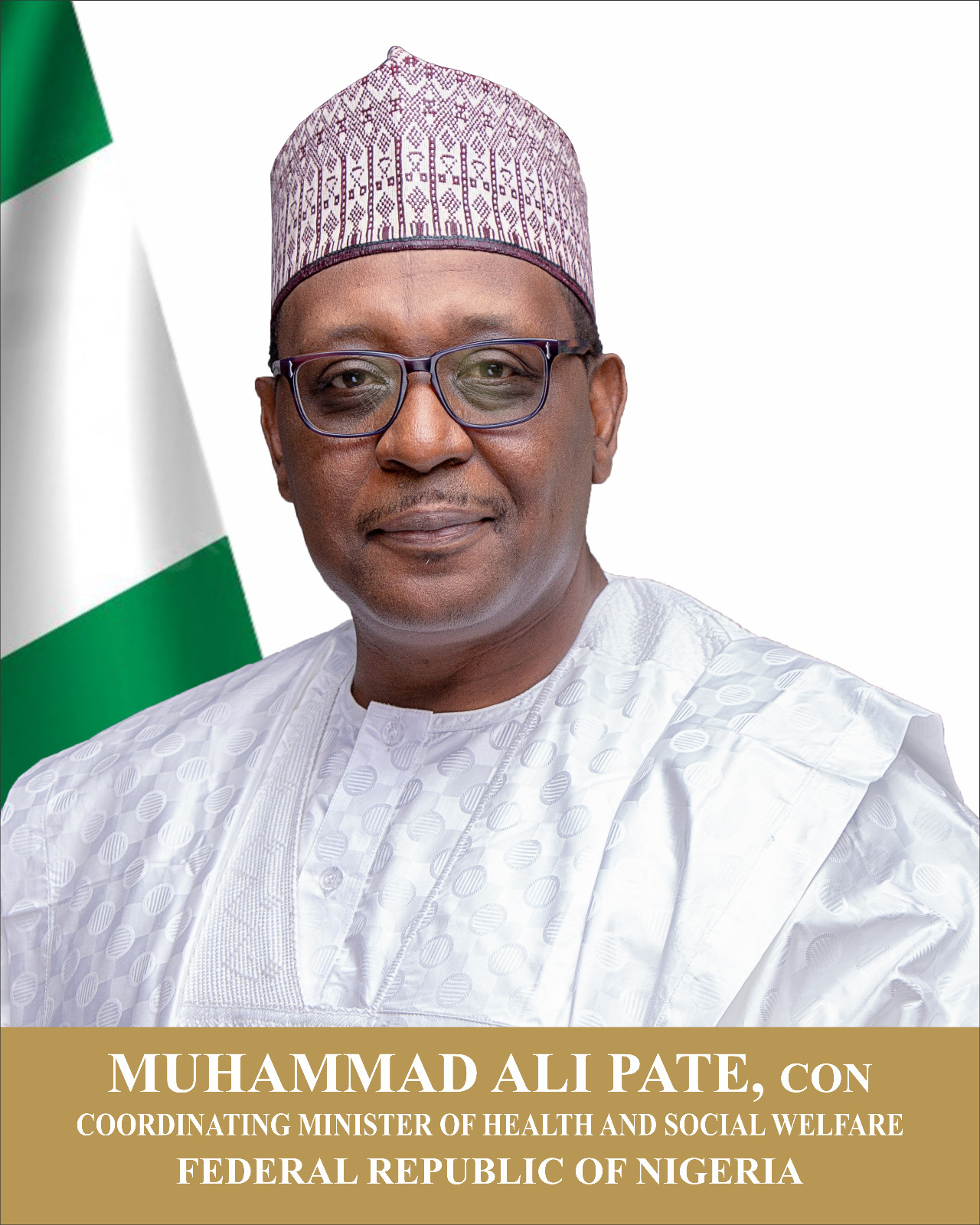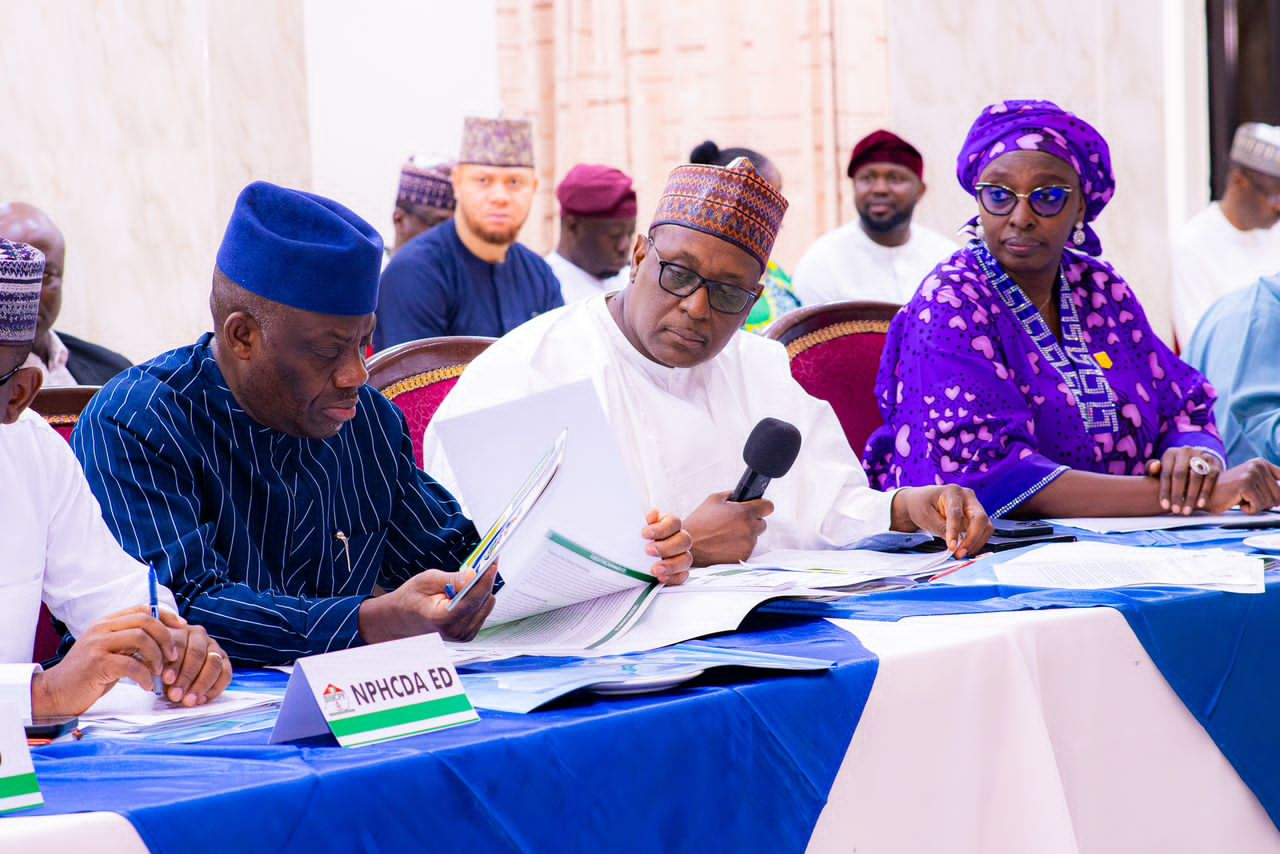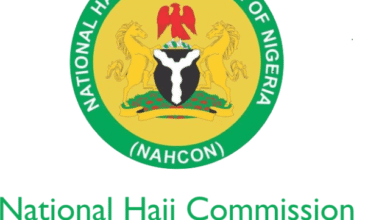
The Federal Executive Council (FEC) has approved $1.07 billion in financing for healthcare sector reforms under the Human Capital Opportunities for Prosperity and Equity (HOPE) program, along with a ₦4.8 billion allocation for HIV treatment marking a significant investment in Nigeria’s health sector.
Minister of Finance and Coordinating Minister of the Economy, Wale Edun, announced that the funding includes two concessional loans of $500 million each from the World Bank’s International Development Association (IDA), supplemented by a $70 million grant from international partners.
Speaking on the initiative, the Coordinating Minister of Health and Social Welfare, Prof. Muhammad Ali Pate, emphasized that the HOPE program aligns with the administration’s human capital development agenda. According to a statement signed by Deputy Director of Information and Public Relations, Alaba Balogun, the funds will be used to enhance governance in healthcare and strengthen primary healthcare services nationwide.
“This financing will support the recruitment, training, and retention of healthcare workers and teachers at the subnational level,” Pate said. “Additionally, $500 million is dedicated to improving the quality, accessibility, and resilience of primary healthcare, including emergency maternal and child health services.”
In a separate move, the FEC approved ₦4.8 billion for procuring 150,000 HIV treatment packs over the next four months. Prof. Pate stressed that this initiative underscores the federal government’s commitment to providing life-saving treatments and reducing healthcare costs for vulnerable populations.
READ ALSO: Valentine’s Day: Group visits Custodial Centres across Nigeria to spread love
Salako Commends NARD for Prioritizing Leadership, Entrepreneurial Skills for Doctors
The council also addressed the impact of recent U.S. policy changes on Nigeria’s HIV, tuberculosis, and malaria programs. A multi-ministerial committee including representatives from the Ministries of Finance, Health, Defense, and Environment, as well as the Governors’ Forum has been tasked with developing a transition and sustainability plan to mitigate potential funding disruptions.
“This administration is committed to ensuring uninterrupted treatment for those in need,” Pate assured. “We appreciate the U.S. government’s contributions over the years and remain committed to a constructive partnership while strengthening Nigeria’s healthcare system with domestic resources.”
With these approvals, President Bola Ahmed Tinubu’s administration has reinforced its focus on healthcare, human capital development, and financial sustainability, paving the way for transformative improvements in Nigeria’s social services sector.





